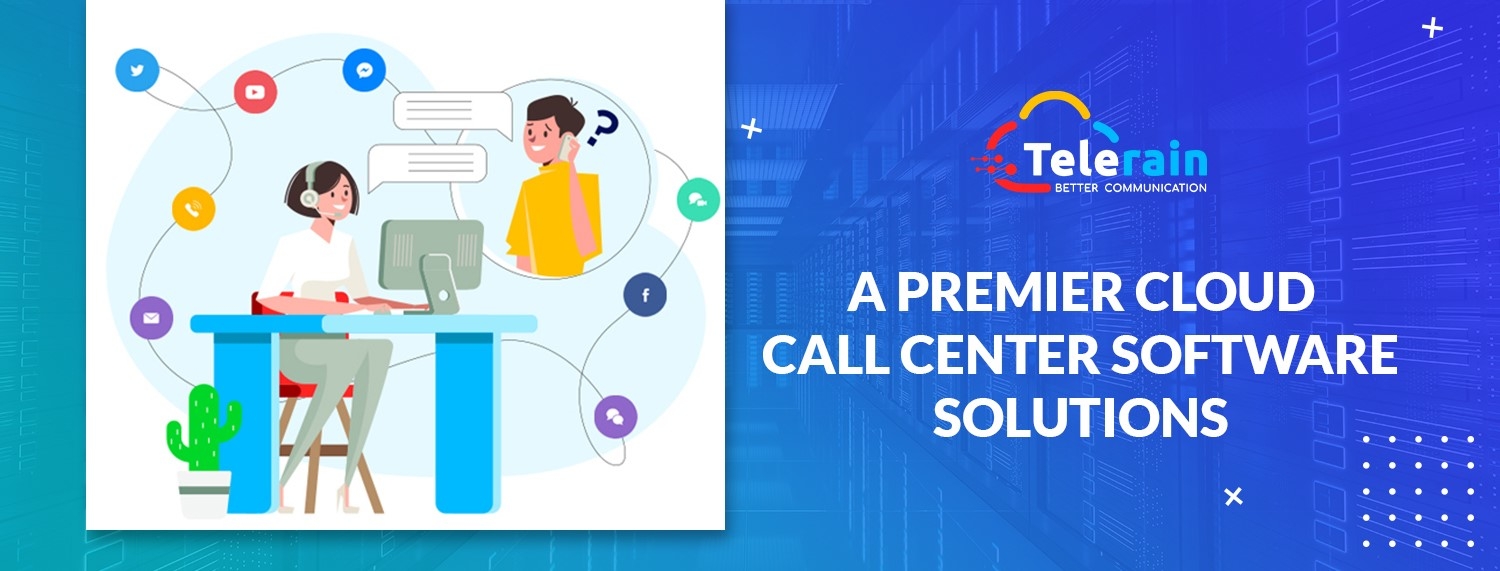What security measures are in place to protect sensitive customer data in customer service software?

In an era where data privacy and security are paramount concerns for businesses and consumers alike, safeguarding sensitive customer data is of utmost importance. Customer service software plays a critical role in managing and handling customer information, making it essential for businesses to implement robust security measures to protect this data from unauthorized access, breaches, and misuse. In this article, we'll explore the security measures in place to protect sensitive customer data in customer service software.
1. Encryption:
Encryption is a fundamental security measure used to protect sensitive customer data from unauthorized access during transmission and storage. Customer service software employs encryption protocols such as SSL/TLS to encrypt data transmitted over networks, ensuring that it remains secure and confidential. Additionally, data at rest is encrypted using strong encryption algorithms to prevent unauthorized access to stored data, providing an extra layer of protection against data breaches.
2. Access Control:
Access control mechanisms restrict access to sensitive customer data based on user roles, permissions, and authentication credentials. Customer service software employs role-based access control (RBAC) and multi-factor authentication (MFA) to ensure that only authorized users have access to sensitive data. Access control policies are enforced at the application level, limiting access to specific features, data sets, and functionalities based on user roles and privileges.
3. Data Masking:
Data masking is a security technique used to obscure or anonymize sensitive customer data to protect it from unauthorized viewing or access. Customer service software employs data masking techniques such as tokenization, redaction, and anonymization to hide or replace sensitive information such as credit card numbers, social security numbers, and passwords. Data masking ensures that even if unauthorized users gain access to the system, they cannot view or misuse sensitive customer data.
4. Audit Trails and Logging:
Audit trails and logging mechanisms record and monitor user activities within customer service software, providing visibility into who accessed sensitive data, when, and for what purpose. Audit logs capture user actions, system events, and data access activities, allowing administrators to track changes, detect anomalies, and investigate security incidents. By maintaining comprehensive audit trails, businesses can ensure accountability, compliance, and oversight of sensitive customer data usage.
5. Regular Security Audits and Assessments:
Regular security audits and assessments are conducted to evaluate the effectiveness of security measures implemented in customer service software and identify vulnerabilities or weaknesses that may pose a risk to sensitive customer data. Independent security audits, penetration testing, and vulnerability assessments are performed periodically to assess the security posture of the software, identify potential threats, and remediate any security gaps or deficiencies. By conducting regular security assessments, businesses can proactively identify and mitigate security risks, ensuring the integrity and confidentiality of sensitive customer data.
6. Compliance with Data Protection Regulations:
Customer service software adheres to data protection regulations and industry standards to ensure compliance with legal requirements and protect sensitive customer data from unauthorized access or misuse. Compliance frameworks such as GDPR, CCPA, HIPAA, and PCI DSS outline specific requirements for protecting customer data, including data encryption, access controls, data retention policies, and breach notification procedures. Customer service software providers implement security controls and practices aligned with these regulations to safeguard sensitive customer data and mitigate regulatory risks.
Conclusion:
In conclusion, protecting sensitive customer data in customer service software requires a multi-faceted approach encompassing encryption, access control, data masking, audit trails, security audits, and regulatory compliance. By implementing robust security measures, businesses can ensure the confidentiality, integrity, and availability of sensitive customer data, build trust with customers, and mitigate the risk of data breaches or security incidents. Safeguarding sensitive customer data is not only a legal and regulatory obligation but also a critical component of maintaining customer loyalty and reputation in today's data-driven business environment.
- Industry
- Art
- Causes
- Crafts
- Dance
- Drinks
- Film
- Fitness
- Food
- Games
- Gardening
- Health
- Home
- Literature
- Music
- Networking
- Other
- Party
- Religion
- Shopping
- Sports
- Theater
- Wellness
- News


